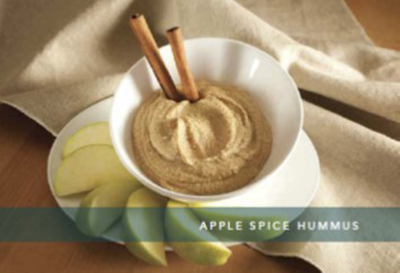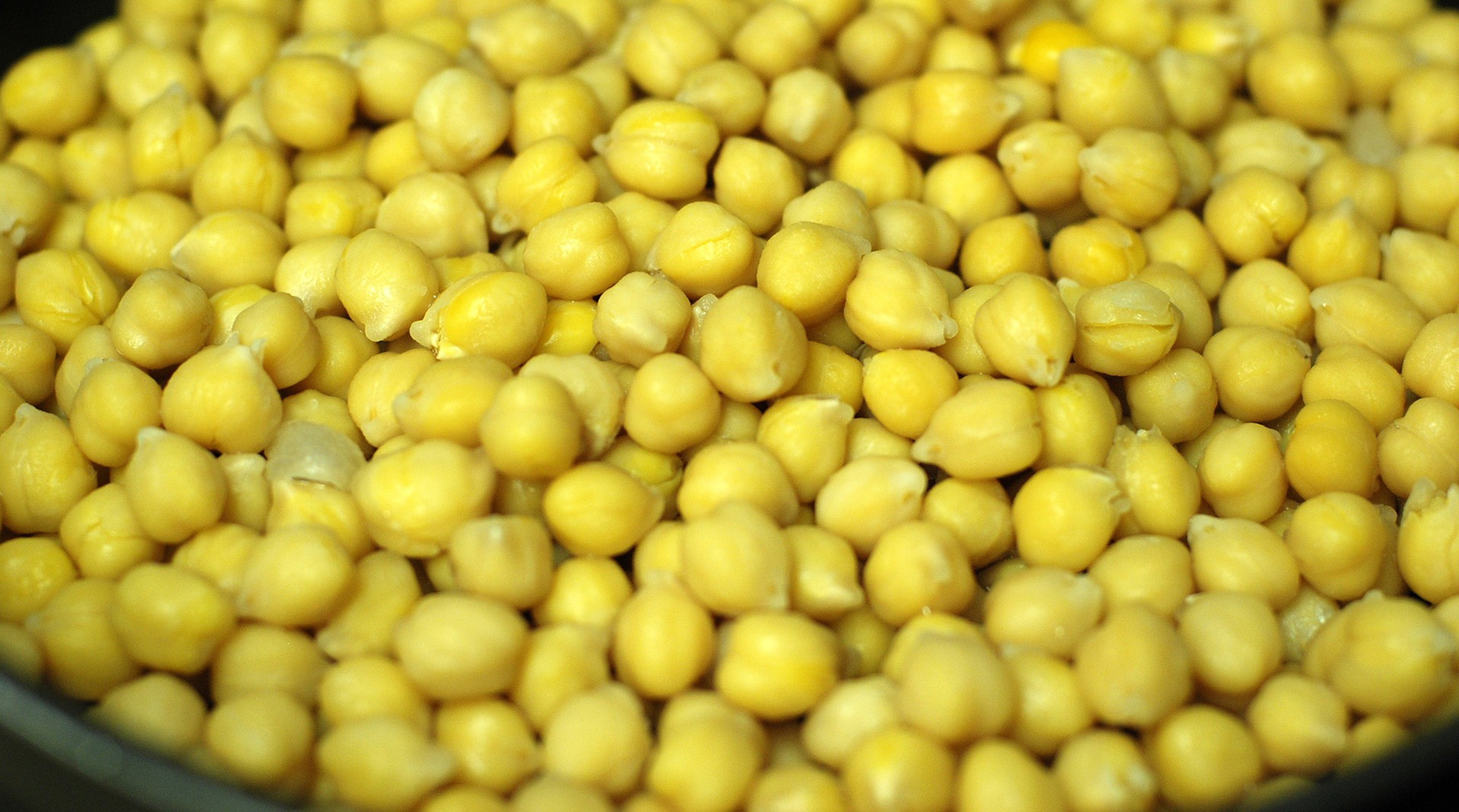Photo courtesy evitaochel on Pixabay
By Shannon Berndt
Pulses, which include dry peas, lentils, chickpeas and beans are a subcategory of legumes. These protein packed powerhouses are high in fiber, low fat, high in folate, vitamins and minerals. These superfoods have been a healthy and economically staple around the globe for centuries, which is why the United Nations has declared February 10 as World Pulses Day.
Five years ago, it was difficult to find products containing pulses outside the soup aisle in the grocery store, but the versatility of pulses is endless! You can now find products in the cereal, pasta, beverage, snack, baking and frozen section. Of course, the most budget friendly way to purchase pulses is in bulk.
A few farm facts; currently Montana is the number one producer of chickpeas in the U.S. and more than 85% of all pulses grown in the U.S. are produced in Montana and North Dakota.
Chickpeas, also known as garbanzo beans, get their nick-name from the fact that if you look at a whole chickpea you will notice a small “beak” which somewhat resembles a chicken. Chickpeas come in two different sizes — small and large. Large chickpeas are most often used in salad bars. While beige is the most common color, varieties also include red, black and green. Chickpeas contain essentials minerals such as iron, zinc and calcium.
When preparing whole chickpeas:
Sort them to remove any small rocks or debris.
Wash and soak them: Soak chickpeas in water for 8 to 10 hours before cooking in order to achieve the best flavor and texture.
After soaking, chickpeas are best cooked by simmering for a few hours until tender.
One of the easiest ways to enjoy chickpeas is in a very popular snack food — hummus. While there are many delicious brands of hummus on store shelves, nothing beats homemade. You may think of hummus as being savory, however chickpeas have a neutral flavor that can be used with a variety of seasonings. Apple Spice Hummus is a great way to try chickpeas in a “non-traditional” way!

For more recipes, nutrition and health information, visit the Northern Pulse Growers Association website at northernpulse.com.
Are you ready for a REAL challenge? Take part in the Half-Cup Habit Challenge at pulses.org.
(This article first appeared on OYT on January 28, 2019.)
